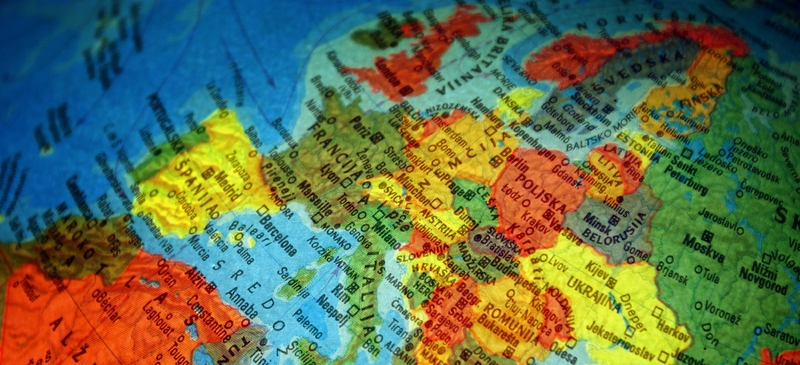
Turkey's future lies with Europe
Barack Obama would not have needed to say it. The fact that he is visiting Turkey as part of a European – not a Middle Eastern – tour shows where he thinks Turkey's future lies: in the EU. He expressed his support for Turkey's membership application, not once but twice: first at the EU summit in Prague at the weekend and then again during his speech to the Turkish parliament yesterday. He also rightly reminded Turkey that it needed to resume its reform process if it was serious about membership.
Nicolas Sarkozy, France's outspoken president, immediately shot back, reminding his US counterpart that "when it comes to the European Union it's up to member states of the European Union to decide [on membership]". Then he reiterated his opposition to Turkey's full inclusion into the union. The German chancellor, Angela Merkel, who also prefers a "privileged partnership", reacted similarly, albeit in a characteristically milder manner.
This is not the first time an American leader has tried to nudge the Europeans on Turkey but in the past this has often proved counterproductive. "It's a bit like if I told the United States how they should manage their relations with Mexico," carped the then president, Jacques Chirac, when George W Bush asked the Europeans to give the Turks a date for EU entry in 2004.
For Obama, Turkey (like Russia) is not a priority. But he knows that the US cannot achieve its foreign policy objectives in Iran, Iraq, Afghanistan and the Middle East without the help of both Moscow and Ankara. Turkey has become a big regional player, with open channels of communication to Tehran, Hamas and Syria. Obama needs to normalise relations with Ankara, which had been severely strained during the Bush years. It would be a tragedy if Obama extended his hand only to see Turkey turning angrily away from the west because the EU negotiation process breaks down.
There is more than a slim chance of that happening in 2009. Later this year, the EU will have to assess whether Turkey has implemented its commitment to open its ports to ships from Cyprus. Turkey will not do so unless there is progress in the ongoing talks about a political settlement on the divided island. France, Austria and some other EU countries that do not want Turkey to join could call for a halt in the accession negotiations. Even if that does not happen, the accession process may grind to a halt: most of the 35 policy "chapters" that Turkey and the EU have to plough through before Turkey can join are blocked, either because of the ports issue or because of bilateral vetoes by Cyprus and France.
The irony is that the Turkish accession process is at risk of breaking down at exactly the time that Turkey's strategic importance to the EU is rising. Following Russia's war with Georgia last August, the Europeans are acutely aware that they ignore the smouldering conflicts of the Caucasus at their peril. Turkey is a vital country in this region. And after the gas cut-off in January 2009, the EU once again promised to diversify its gas supplies away from Russia. The most promising alternative routes run through Turkey. So rather than hitting back at Obama's remarks, European leaders should explain how they intend to achieve strategic objectives such as energy security and a stable neighbourhood while at the same time reneging on their pledge to negotiate with Turkey for full EU membership.
